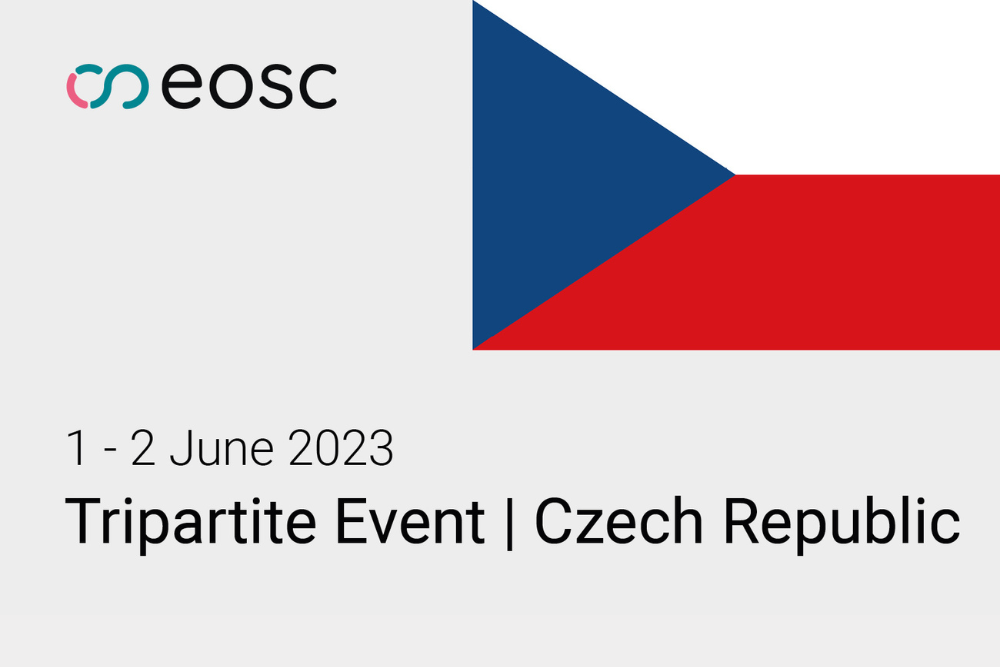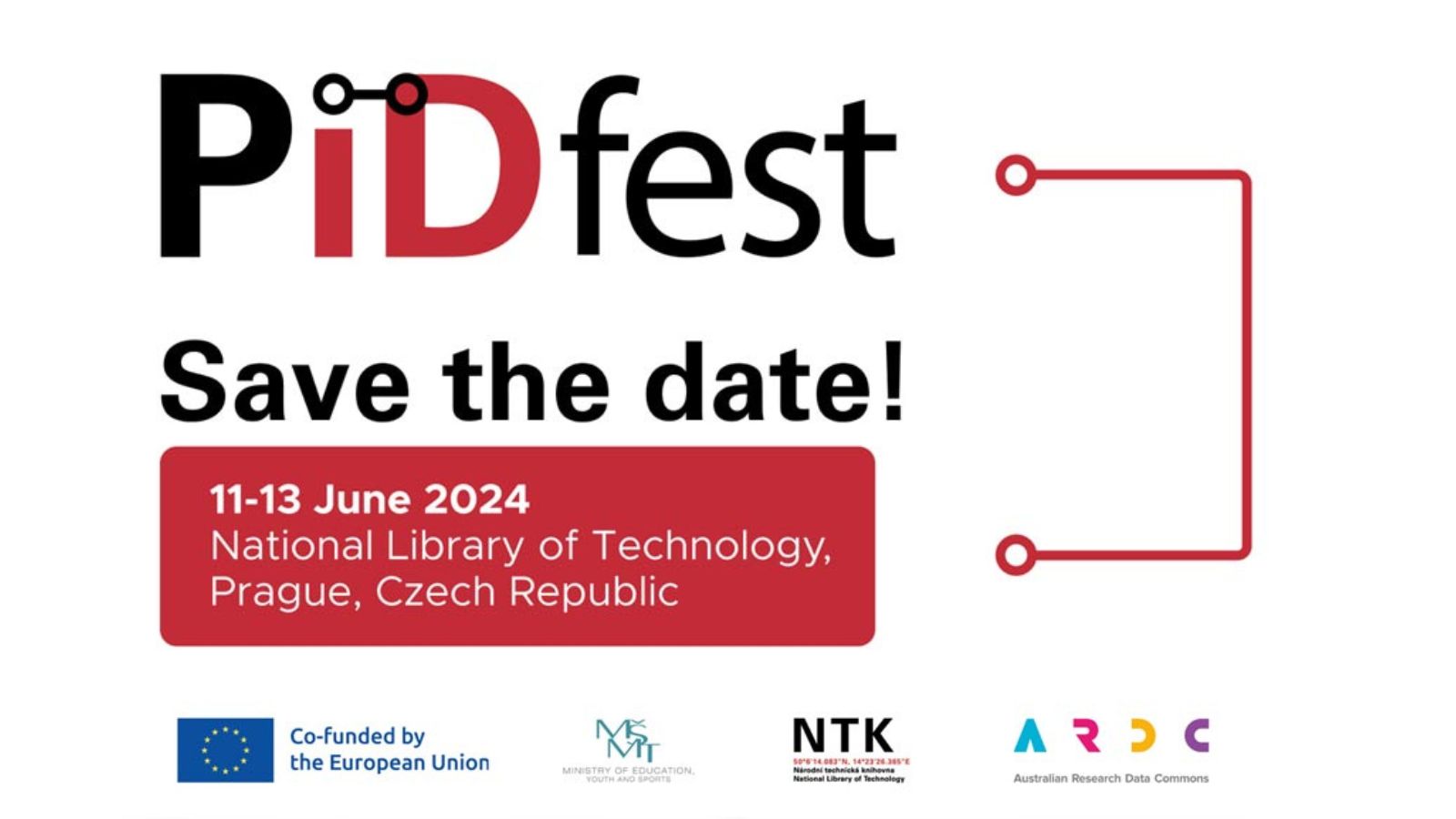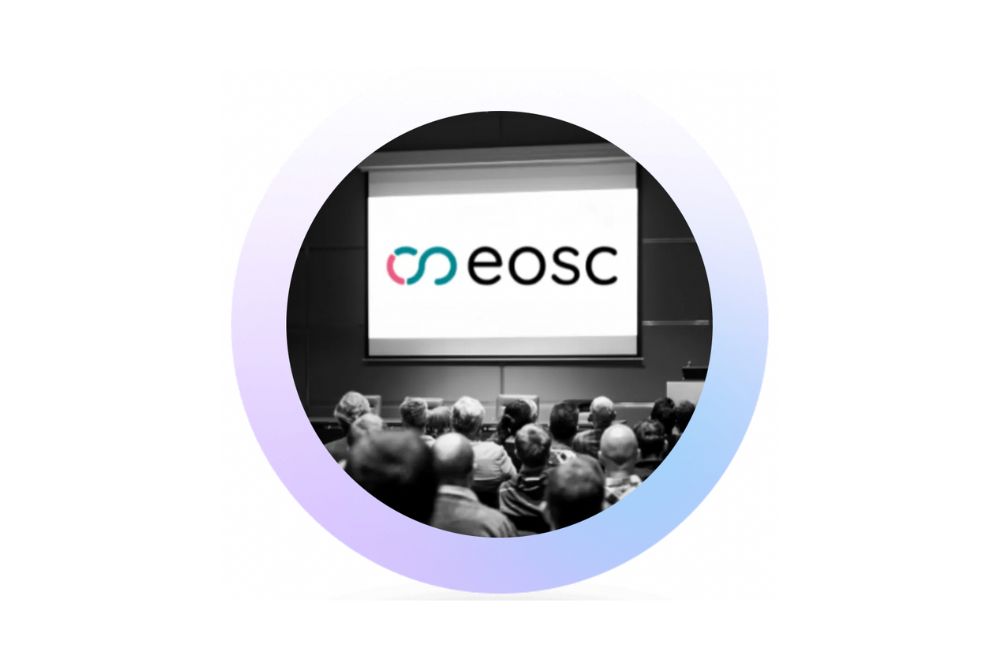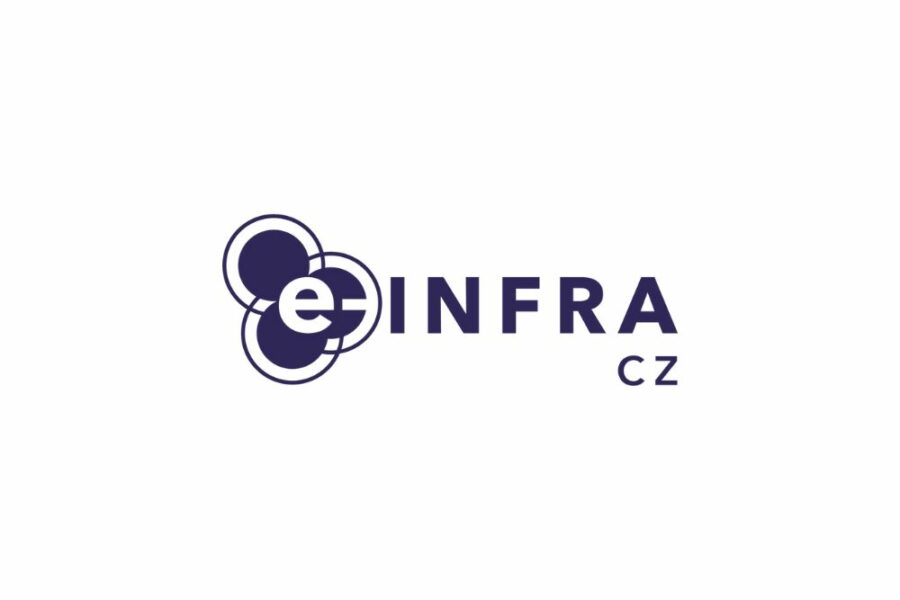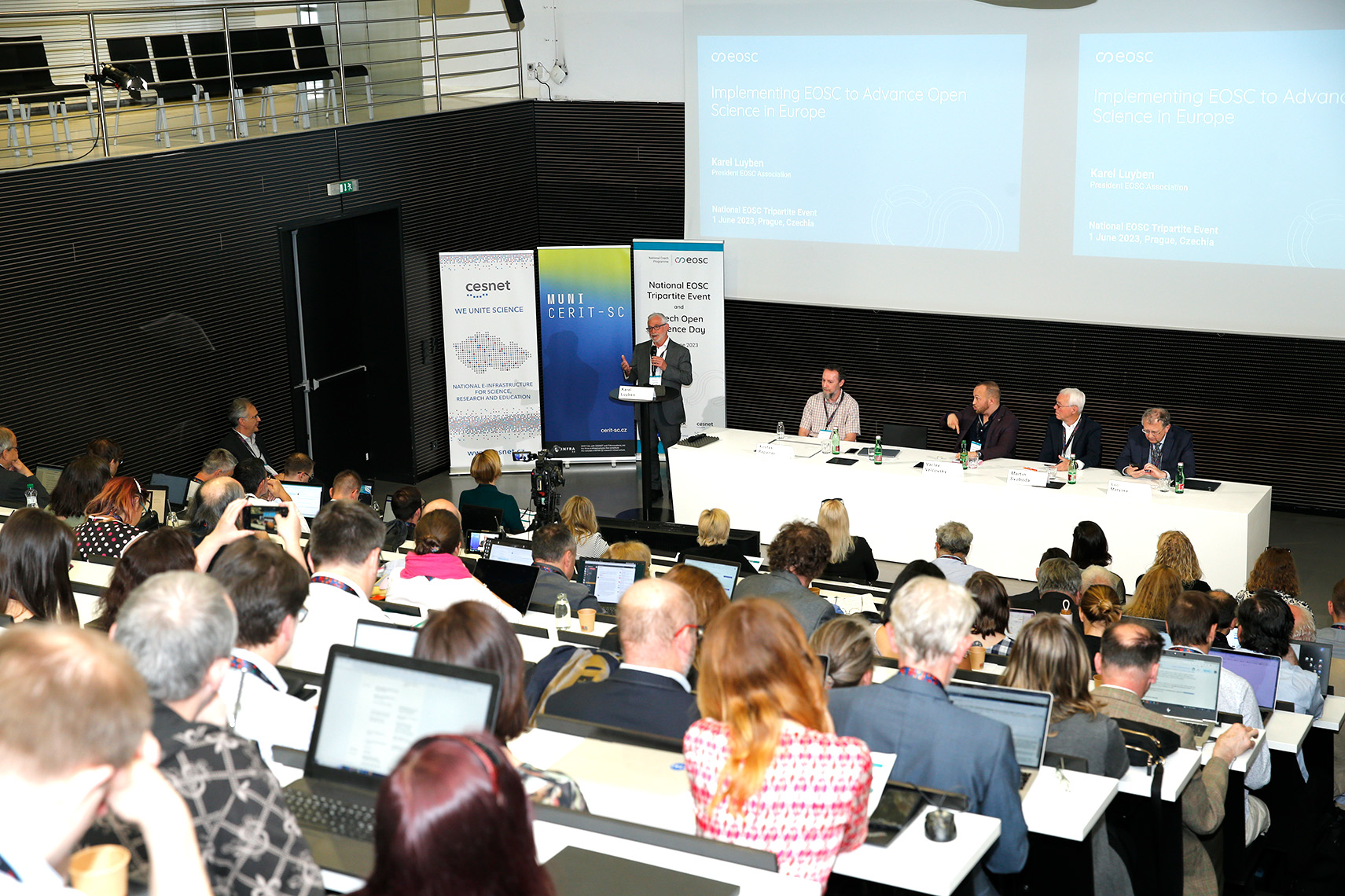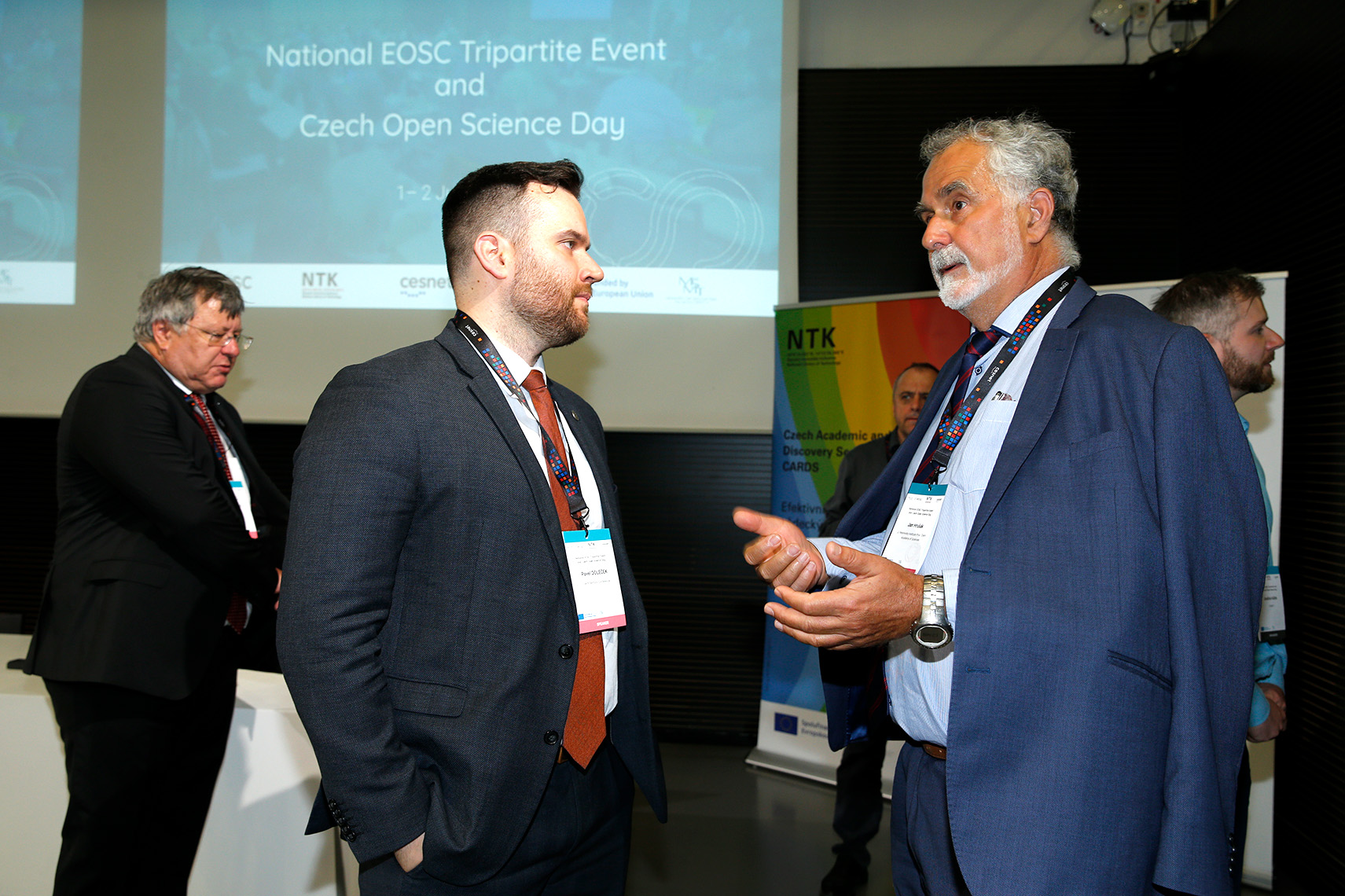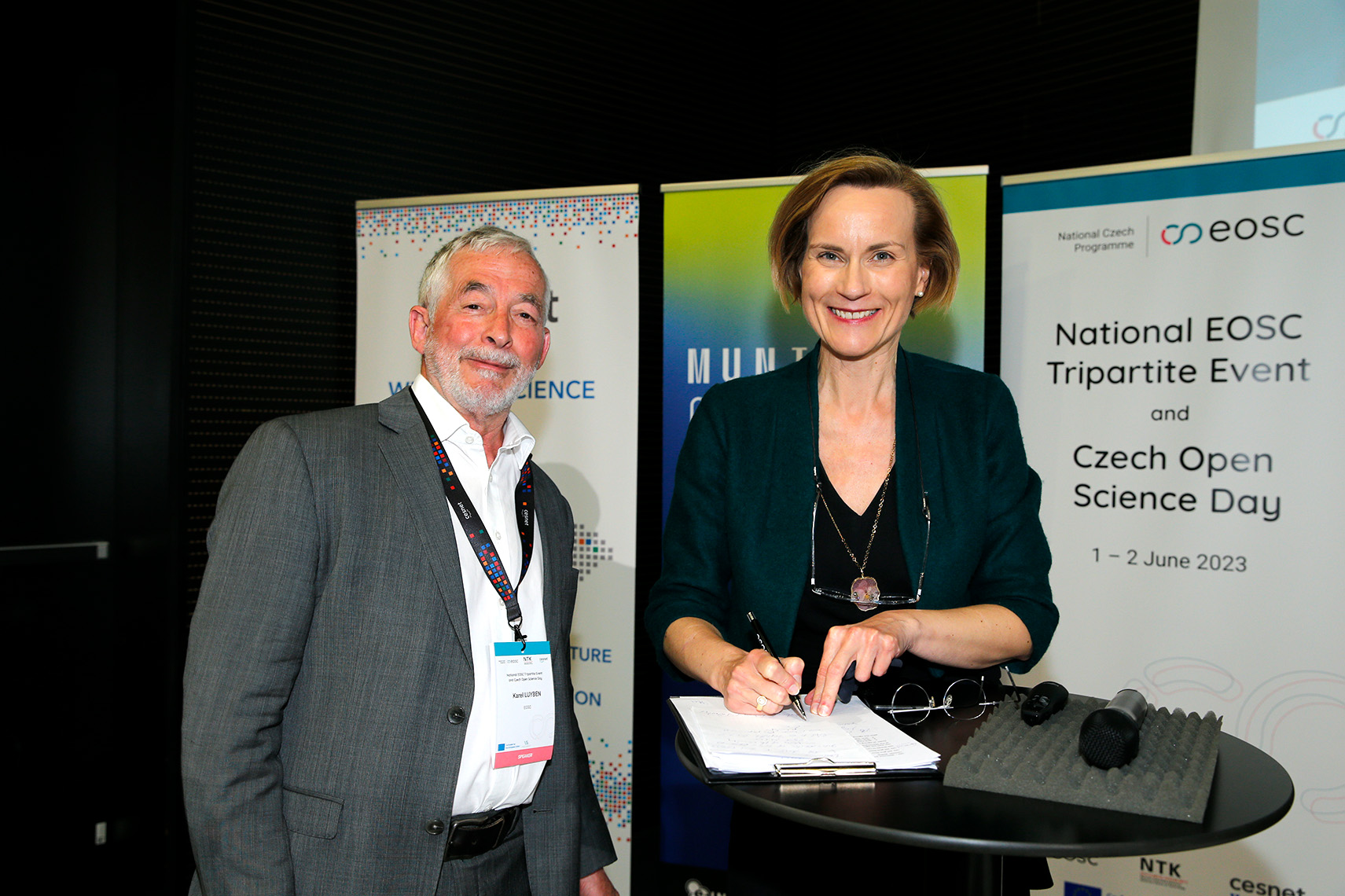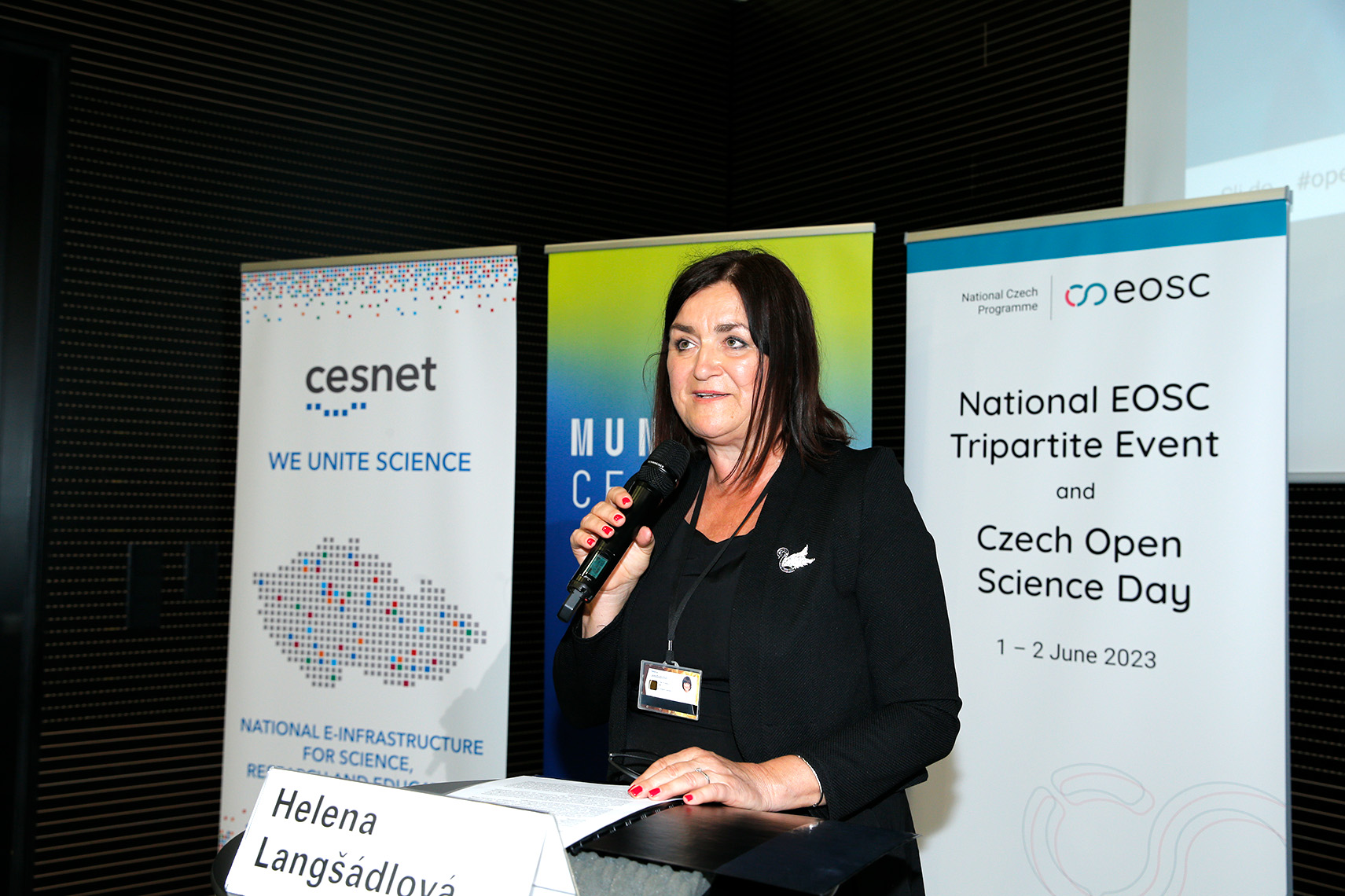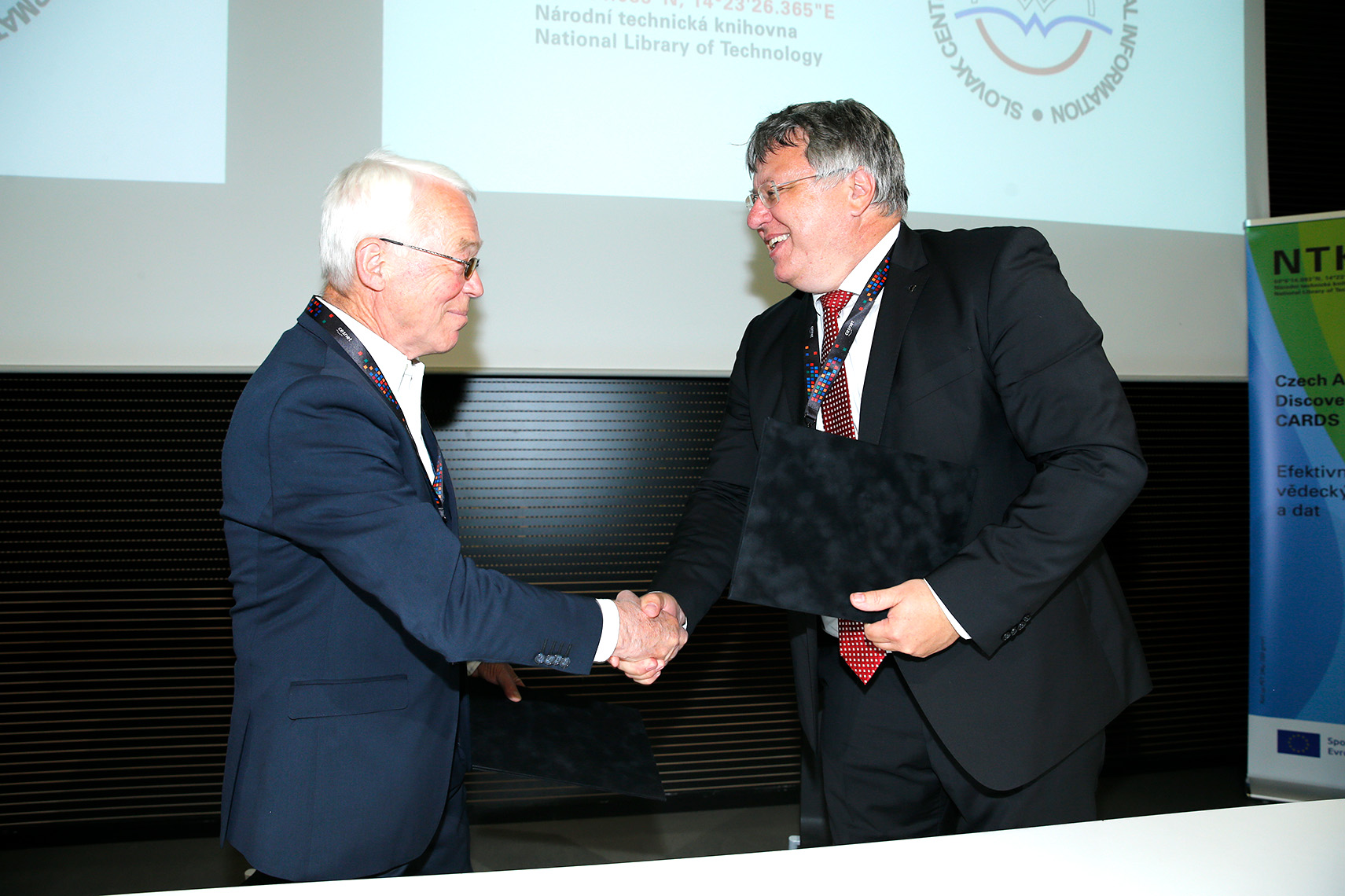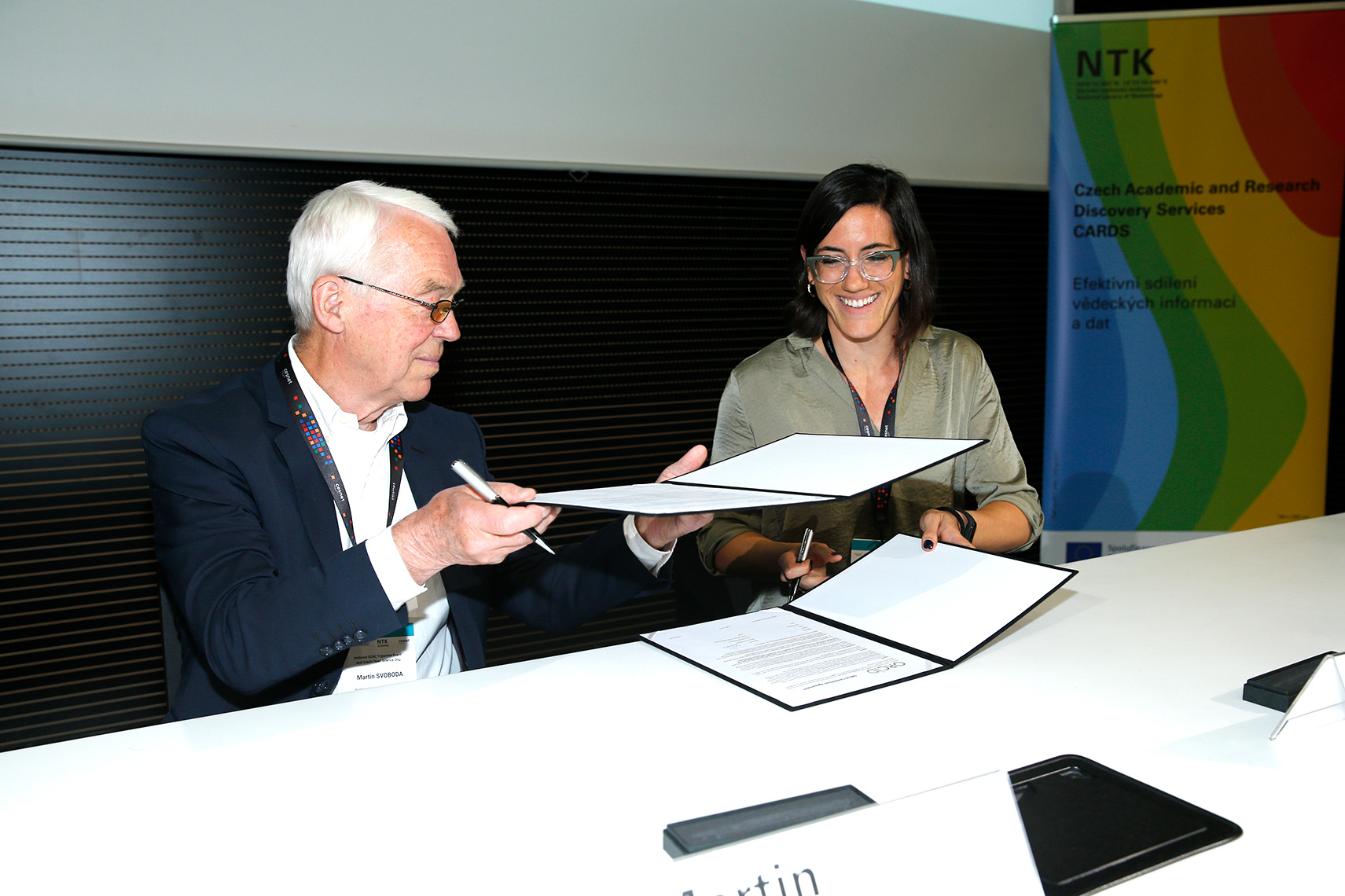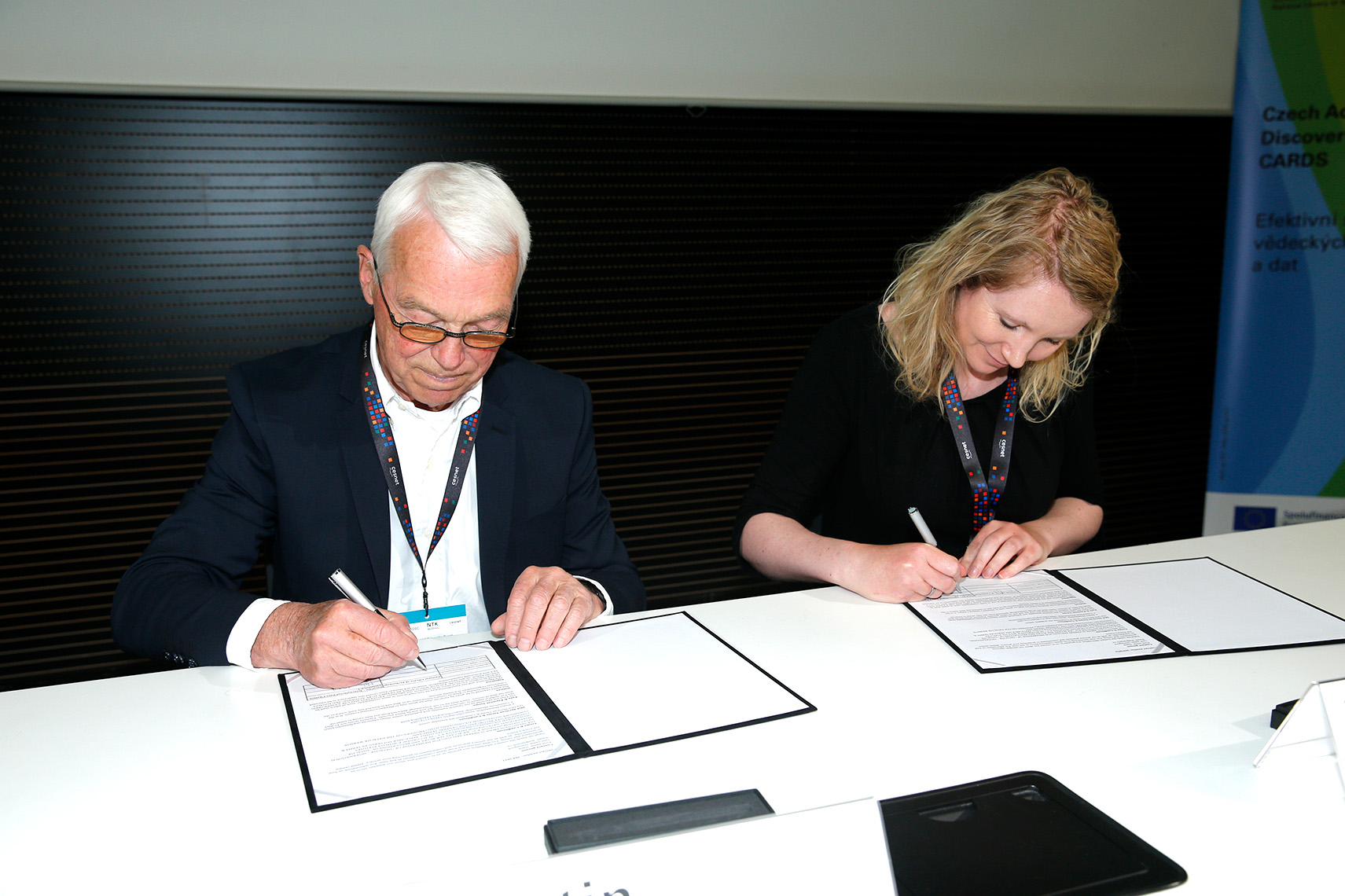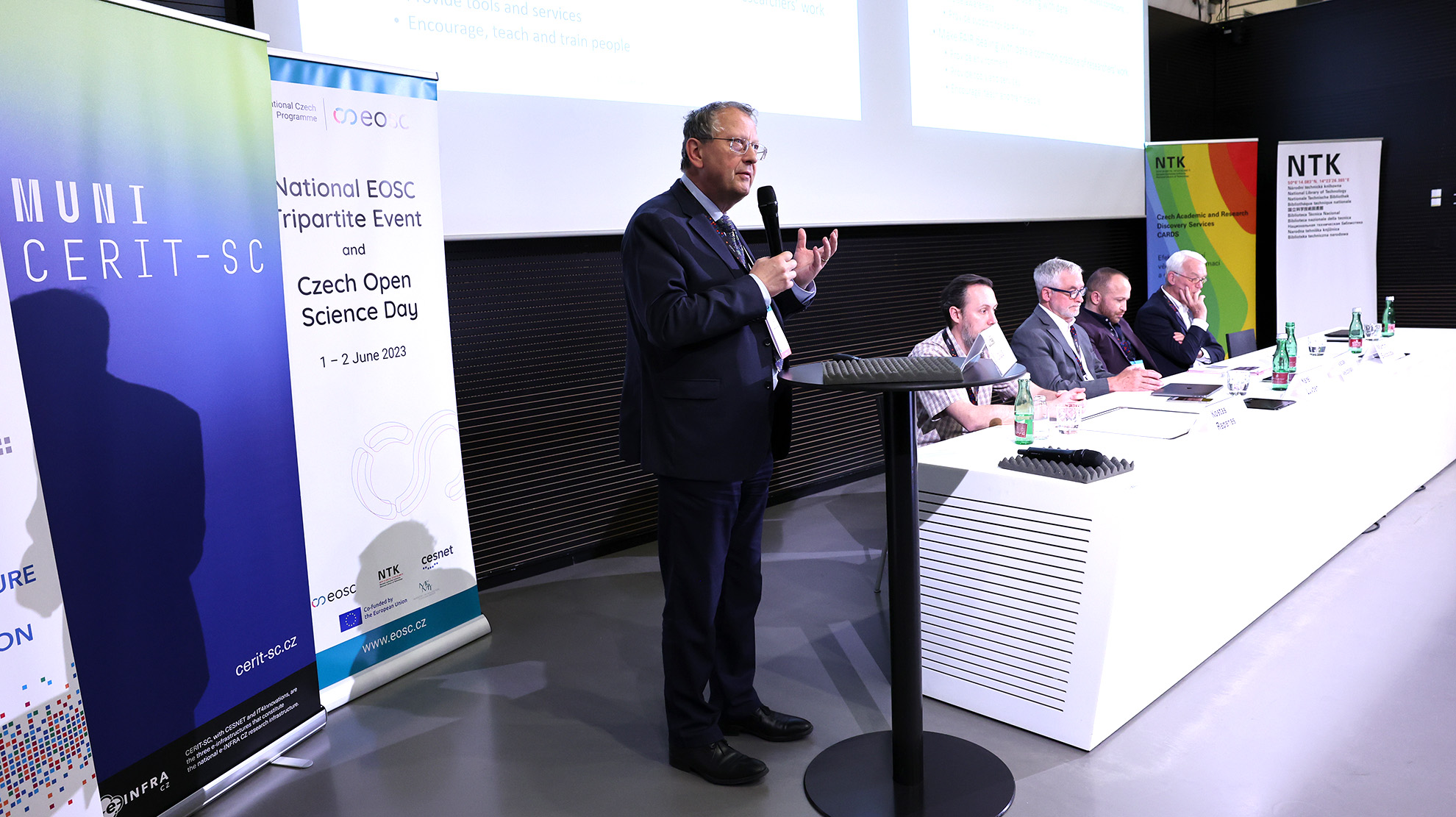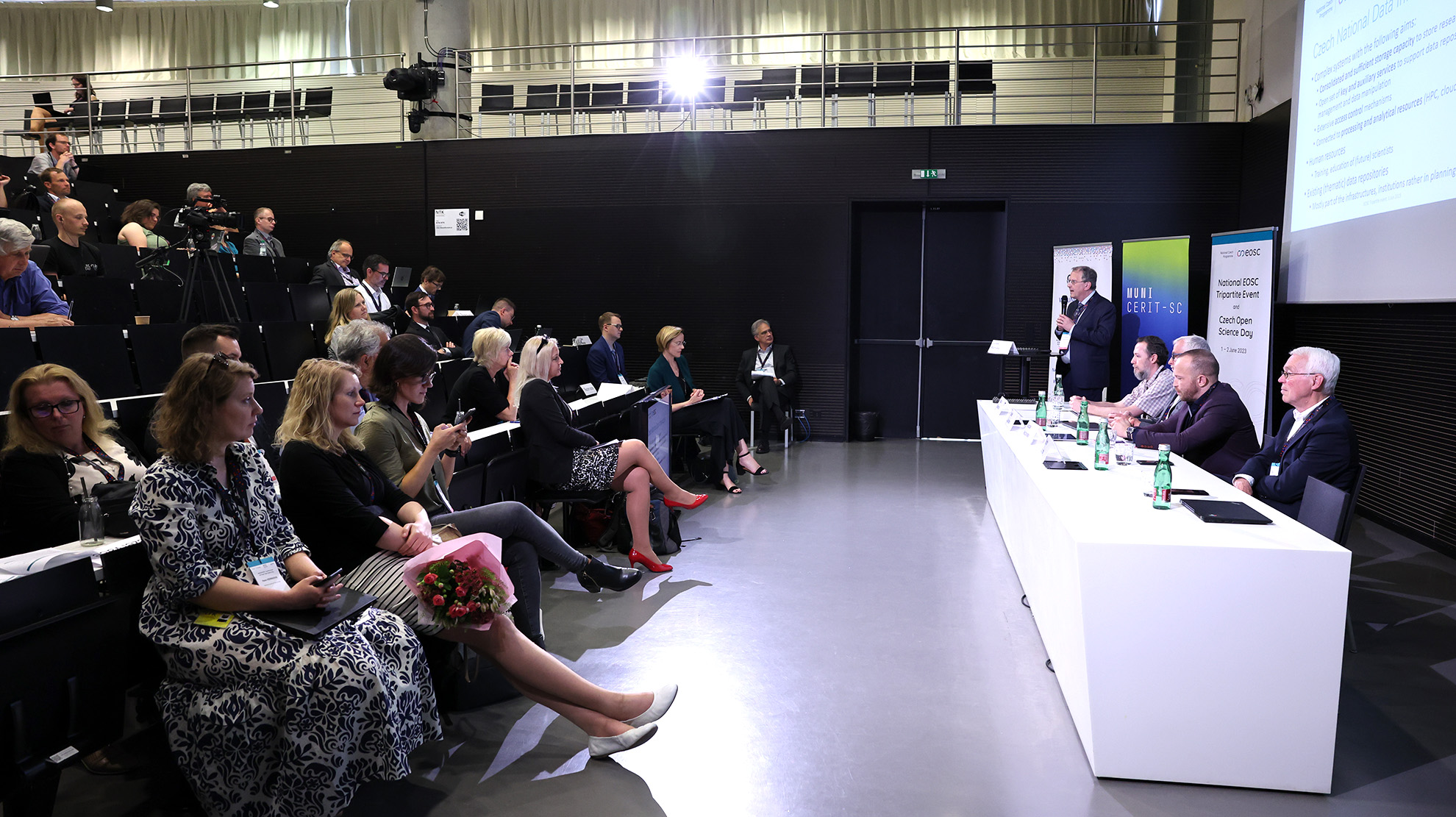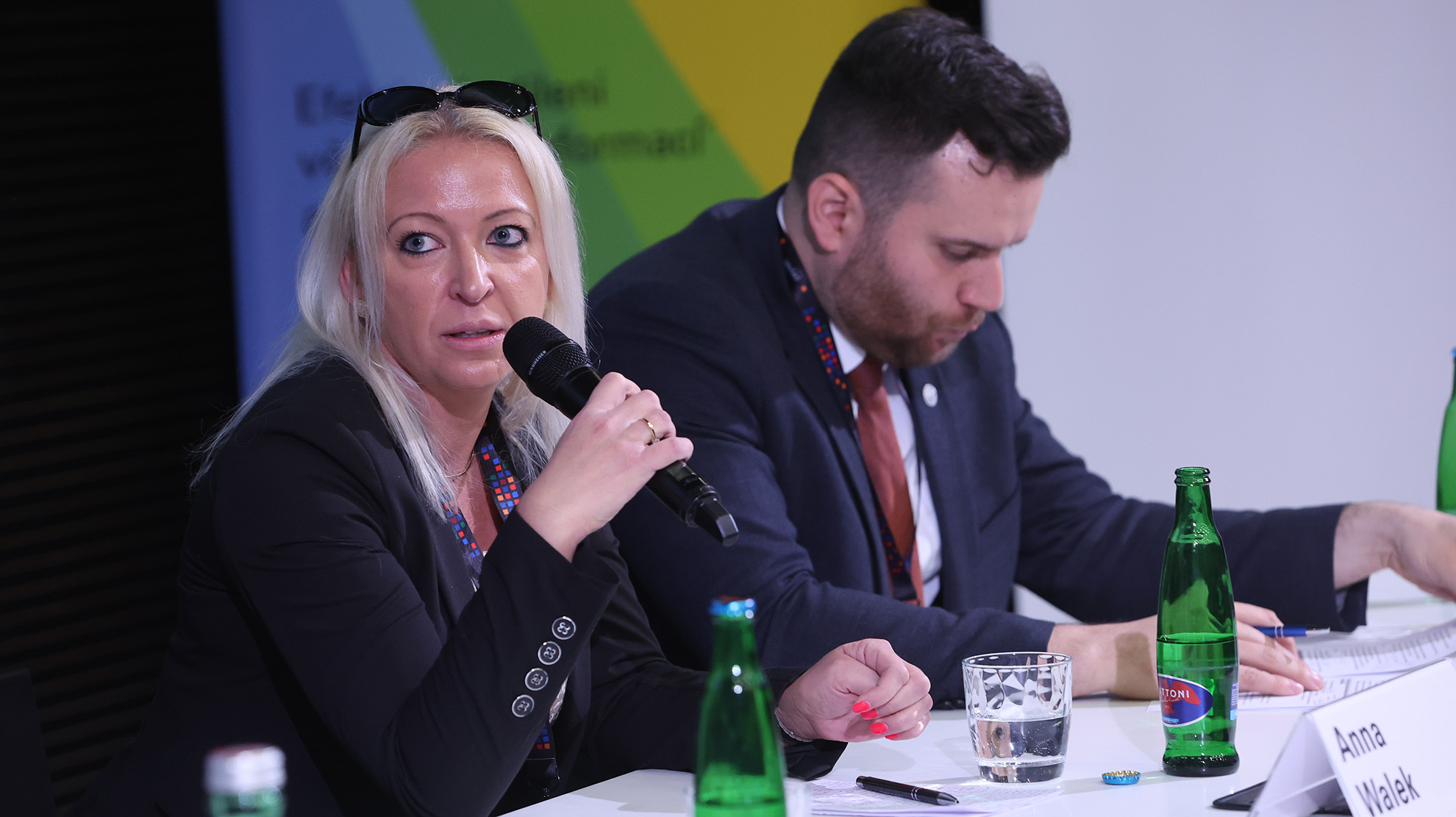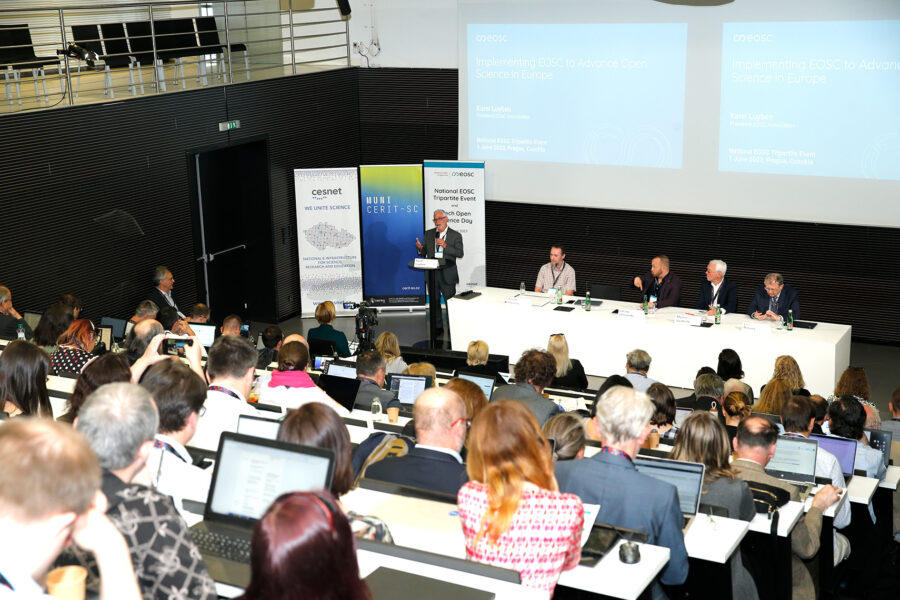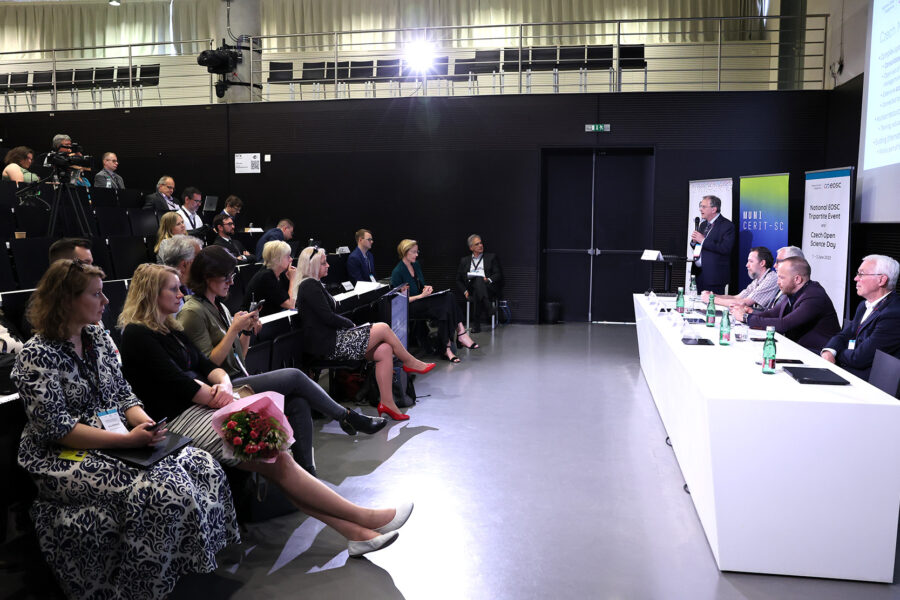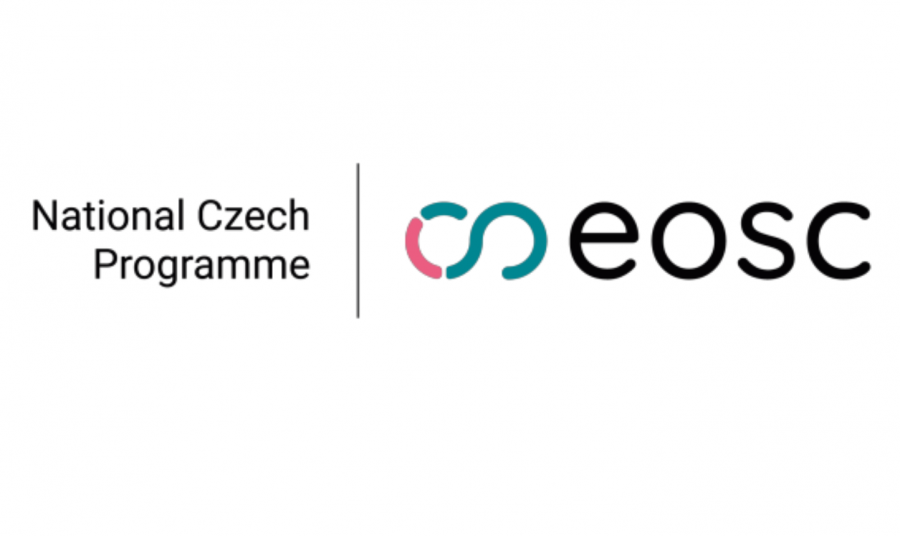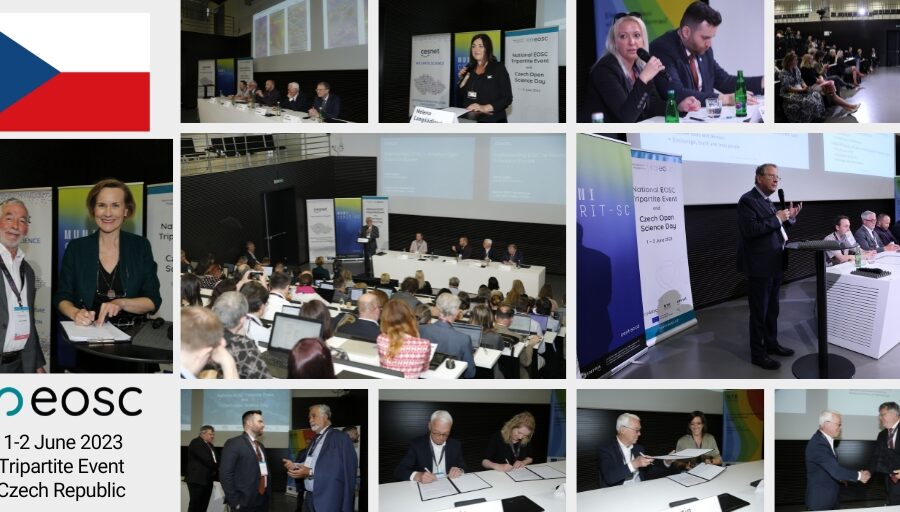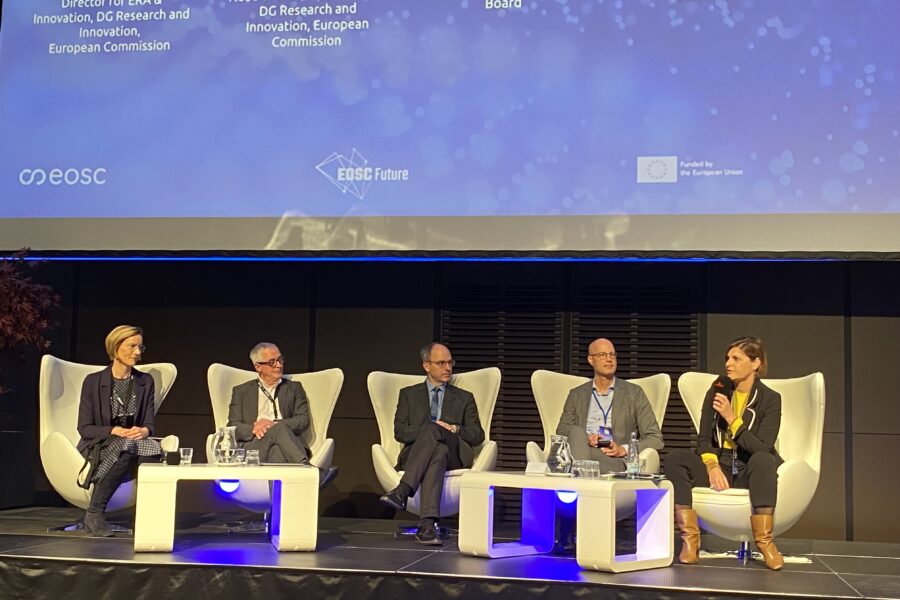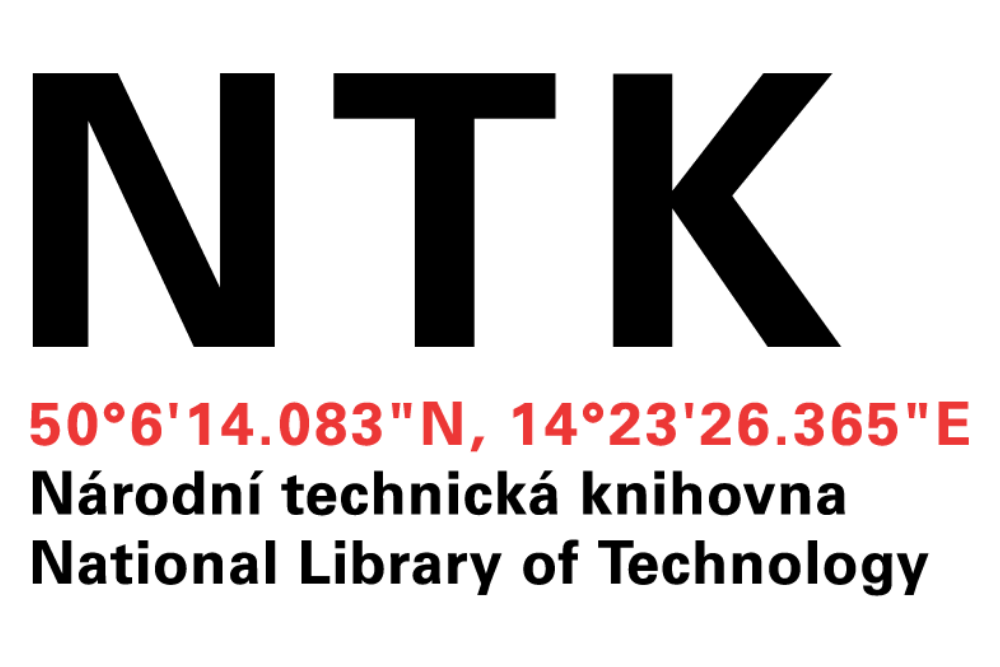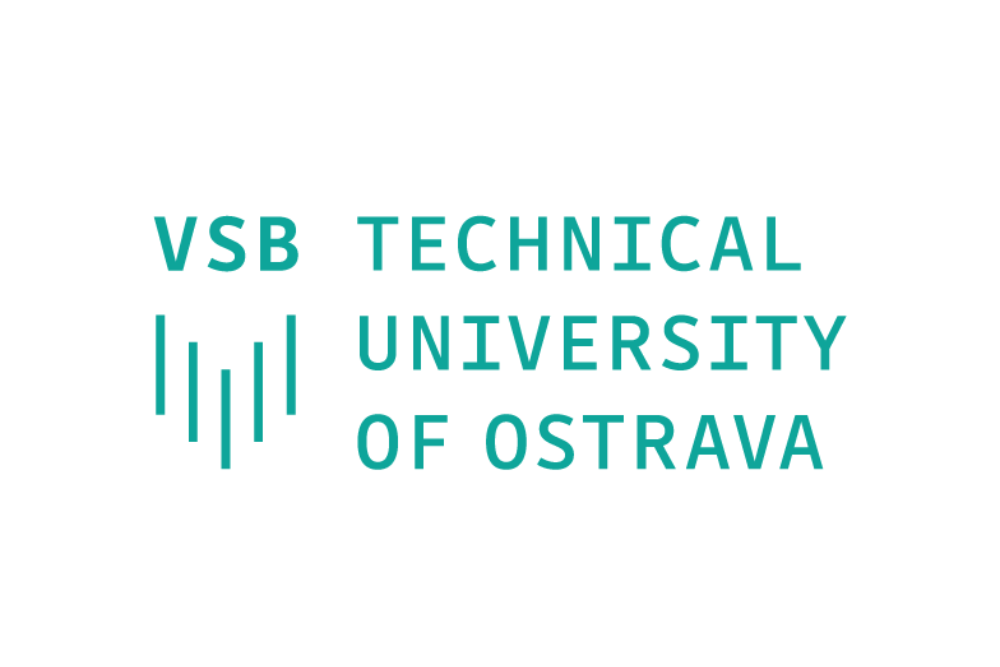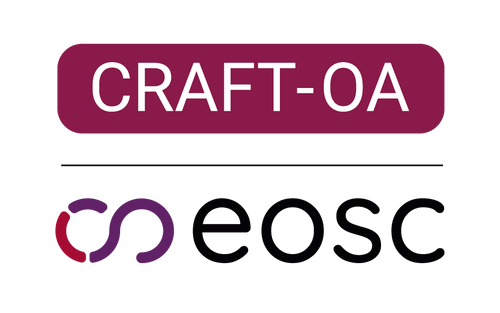
Czech Republic
Overview
European Commission
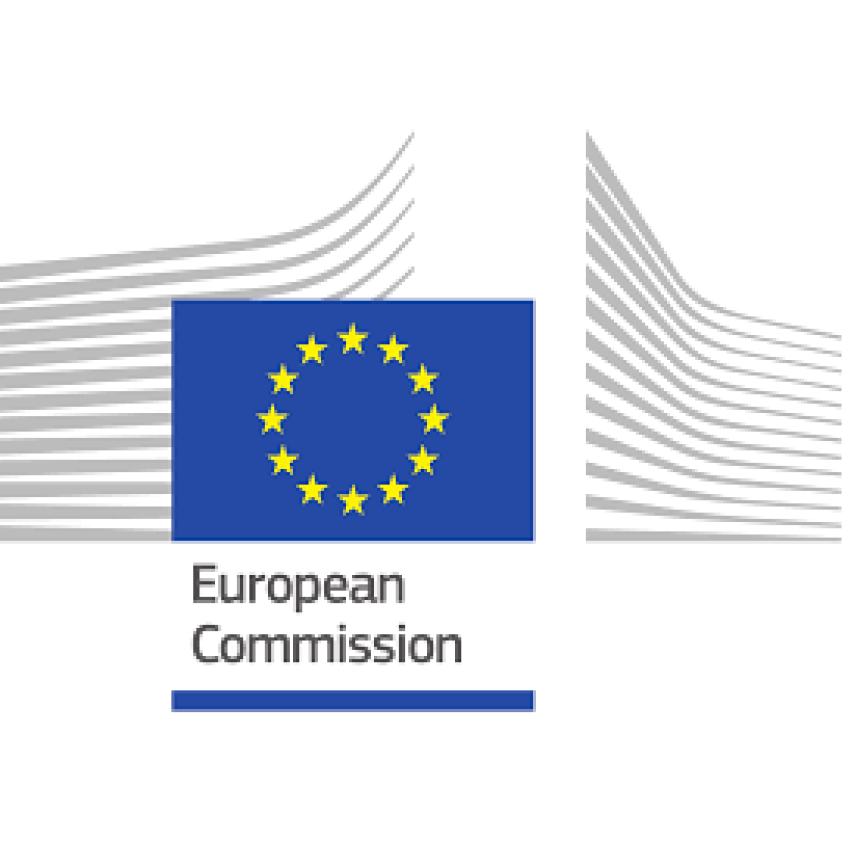

Mandated Organisation
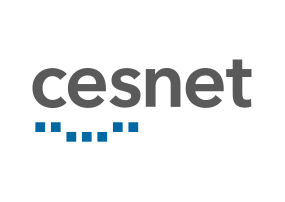

EOSC Steering Board representatives
The Czech Republic has taken important steps towards the implementation of Open Science in the country. The Current Czech universities and further research institutions have created various fora to develop and adopt Open Science in all disciplines. The working groups that have been set up to study specific aspects of EOSC’s implementation in the Czech Republic resembles the Task Forces organised by the EOSC Association.
CESNET, the country’s mandated organisation in the EOSC Association, is involved in several EOSC-related projects: PaNOSC, EOSC-Synergy, CS3MESH4EOSC, EGI-ACE, DICE, C-SCALE, and EOSC-FUTURE. This shows a good degree of integration in the EOSC community.
On the policy front, the Czech National Strategy for Open Access to Research Information for 2017-2020 was approved by the Government in 2017, followed by the corresponding Action Plan for the Implementation of the National Strategy of the Czech Republic’s Open Access to Scientific Information for 2017-2020 in 2019. While a full national policy is still in the works, the existence of all these initiatives, some of them with explicit support or initiated by the Ministry of Education, Youth and Sport indicate that this could be achieved in the near future.
Mandated organisation
CESNET (main contact: Luděk Matyska), appointed as EOSC-A Mandated Organisation by the Ministry of Education, Youth and Sport of the Czech Republic, is the association of universities and the Czech Academy of Sciences. CESNET’s operates and develops of the national e-infrastructure for science, research and education which encompasses a computer network, computational grids, data storage and collaborative environment and further offers in addition several services to its members.
National structure
To coordinate all activities linked to the implementation of EOSC in the country, the e-INFRA CZ consortium has launched the national initiative EOSC-CZ to supersede the EOSC Coordination Board of the Ministry of Education, Youth and Sports previously in place. In 2023, the EOSC-CZ Secretariat has put under the same roof the staff in charge of the daily operations of EOSC-related matters based at the CERIT-SC, the national centre for computing and data storage infrastructure for research and development, at the Masaryk University in Brno.
Other Open Science stakeholders in the country include:
- National Library of Technology (coordinator of Open Science policy)
- Czech Rectors Conference
- Czech Academy of Sciences
- Czech Science Foundation and Technology Agency of the Czech Republic, main funding agency for research
- Council for Research, Development and Innovation (an advisory body to the Government of the Czech Republic)
Working groups
EOSC CZ involves the academic and research community in the implementation of the EOSC in the Czech Republic through several Working Groups (WGs), aimed at achieving consensus among national players about the design and development of EOSC. Besides proposals towards its architectural, operation and metadata, the WGs have within their remit the development of binding standards for the implementation of the National Data Infrastructure (NDI). The WGs are divided in two sub-groups:
- Core (cross-cutting) working groups: these WGs aim to find consensus over a common ground, architecture and shared services across the NDI, and include representatives from various disciplines and with different expertise.
- Thematic (discipline) working groups: The main objective of these WGs is to find a consensus on the needs, the integration of the thematic architecture into the common environment, and specific services of the thematic (discipline) clusters of the NDI. They comprise mainly experts from the given discipline units that represent so-called “thematic (discipline) clusters”.
The WGs are open to all researchers working at Czech institutions. For more information, please visit https://www.eosc.cz/en/working-groups.
The FAIR Data Expert Group at CERIT-SC is the national OpenAIRE node.
National Events
National Tripartite Event Czech Republic
For the first time the Czech Republic will host the National EOSC Tripartite Event alongside the third Czech Open Science Day. The first day of the event will focus on high-level EOSC Tripartite strategic collaboration, which involves...
Policies
Open Science in the Czech Republic has made considerable progress in the last years: starting from a set of recommendations for Open Access in 2014, several actions towards it have been included in the 2021 national policy for research, development and innovation (NRDIP 2021+). In particular, Action 8 of the policy aims at the dissemination via open access to R&D results and data through an upgraded information system. While a national Open Science strategy is not currently in planning, many related topics originally addressed in the previous National Open Access to Scientific Information Strategy 2017-2020 are continued in the current National Policy.
To raise the EU Cohesion Policy Fund for the public research sector in 2021-2027, Czechia has created the Operational Programme Johannes Amos Comenius (JAC), which contains dedicated calls for the implementation of EOSC. The first calls for 2022 and 2023 have already been launched, to be followed by calls in 2024 and 2025. The total budget allocated is of around EUR 120 million. The JAC programme supports the following goals:
- launch of the EOSC-CZ Secretariat
- development and capacity building of the National Metadata Directory
- coordination and providing of education and training activities for the FAIR data management
- development and capacity building of the National Repository Platform
- capacity building of the thematic cluster data repositories
- activities for uptake and upskilling.


NRDIP 2021+
The National Research, Development and Innovation Policy of the Czech Republic 2021+ (NRDIP 2021+) represents a strategic framework for the advancement of all components of research, development and innovation (RDI) in the CR (fundamental research, oriented and applied research, experimental development and innovation) and makes use of their synergy to advance the knowledge society and support the economic, environmental, cultural and social development of the CR. Download nowEOSC in Practice
Embracing the principles of transparency, reproducibility, and accessibility, these examples highlight the innovative approaches adopted by researchers across various disciplines. From open data sharing and collaborative platforms to pre-registration and open peer review, these practices enhance scientific integrity and contribute to the advancement of knowledge.
People
-
Luděk Matyska – CESNET
-
NTE Czech Republic
News from Czech Republic
Members and Observers from Czech Republic
EU Projects
Please find here the EOSC-related projects where members from this country are involved as partners.










































